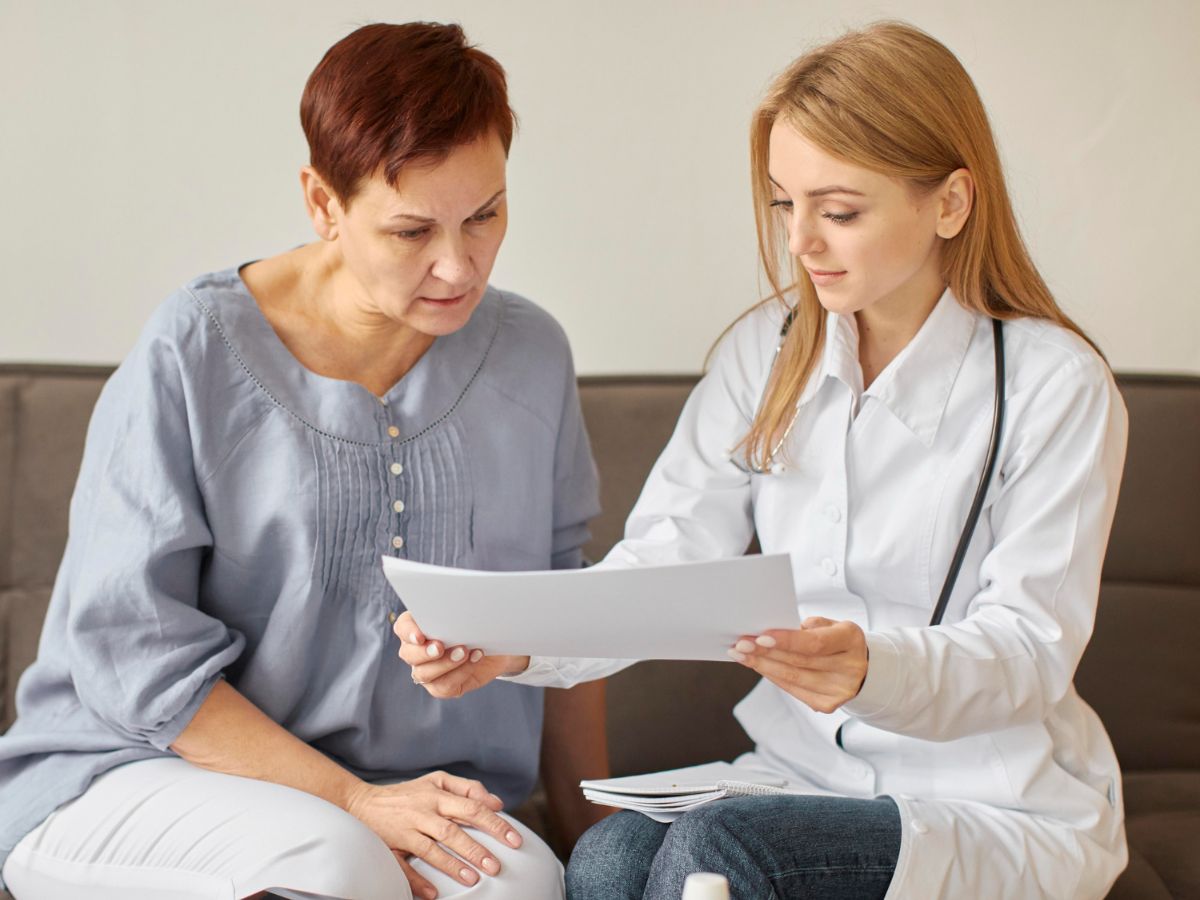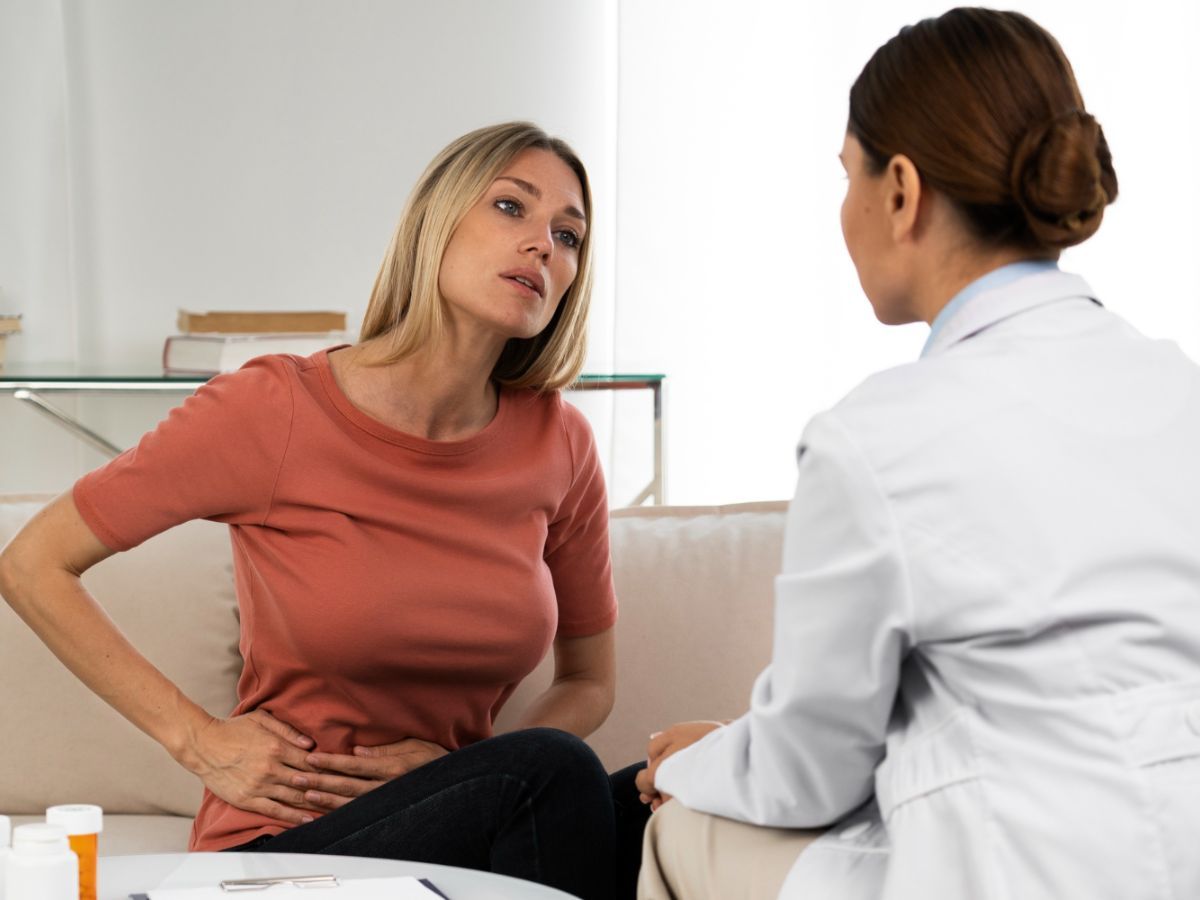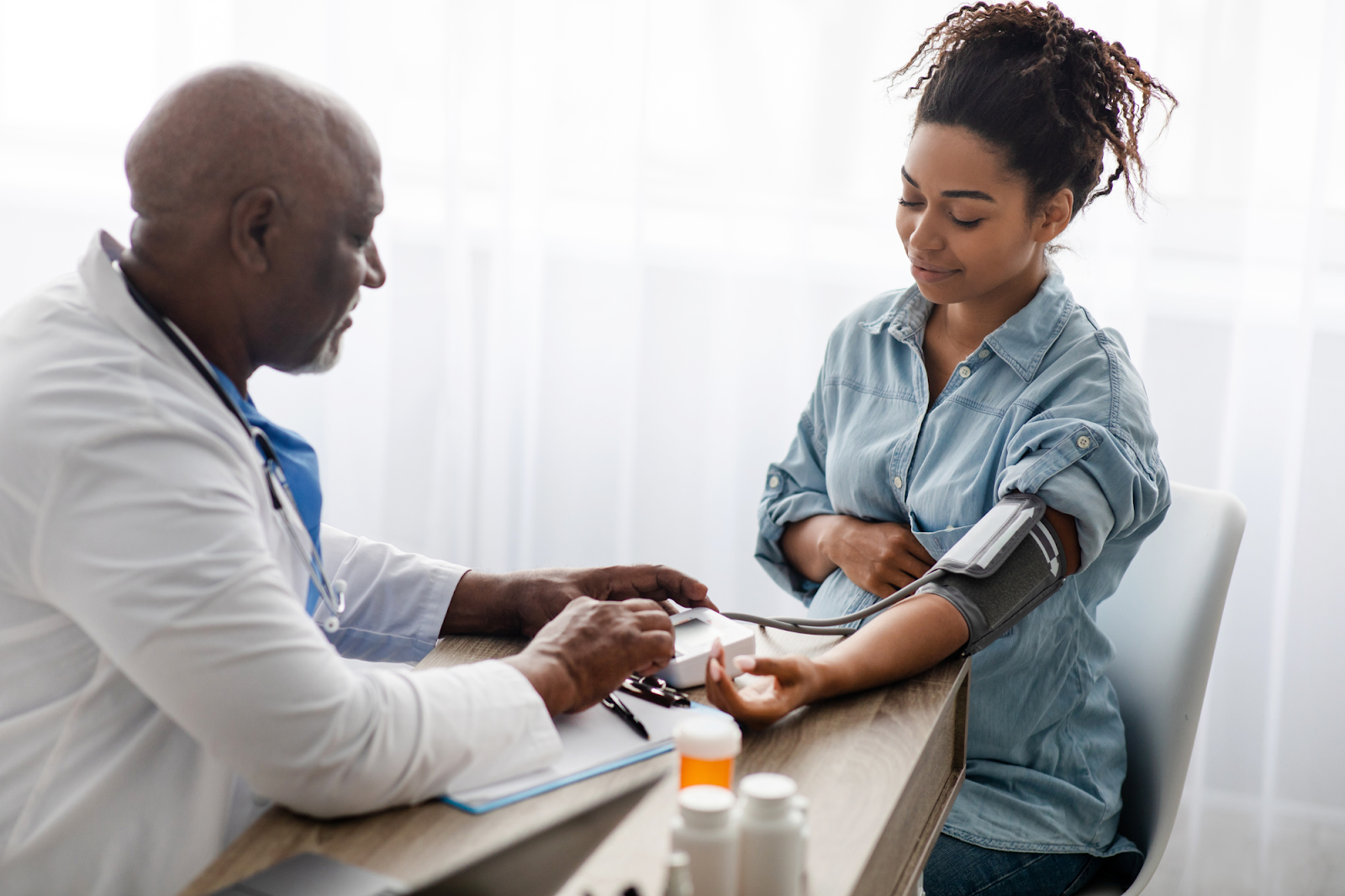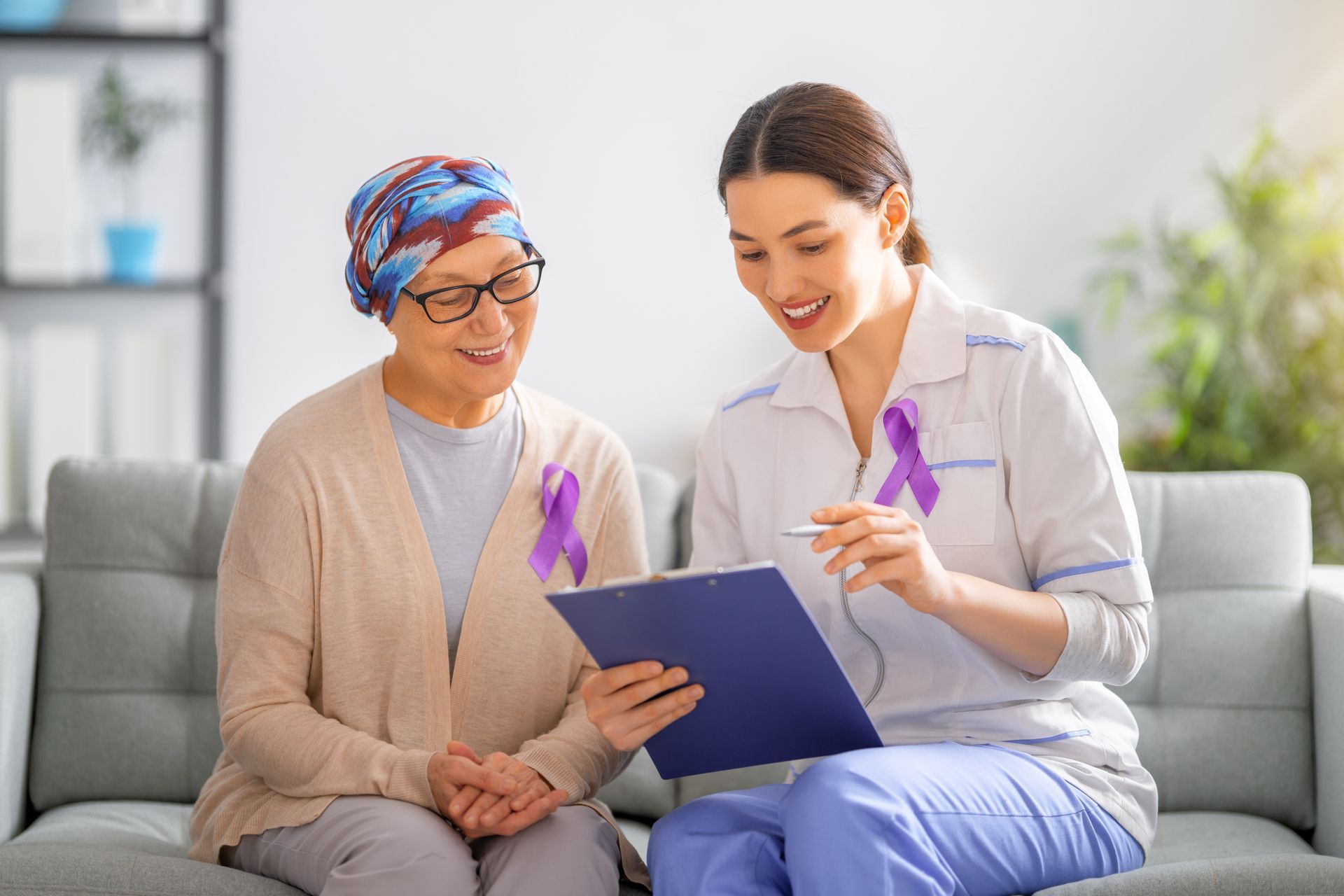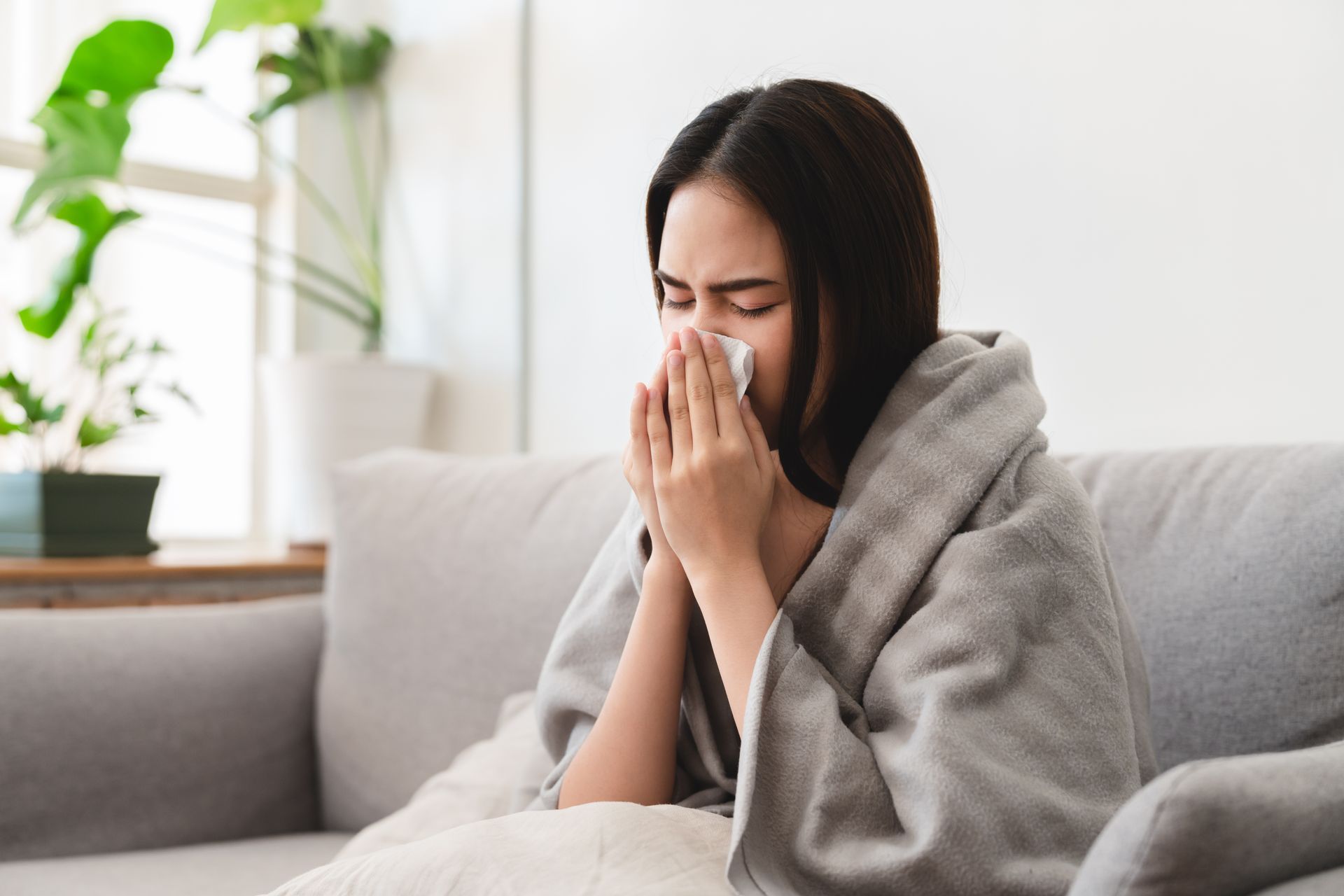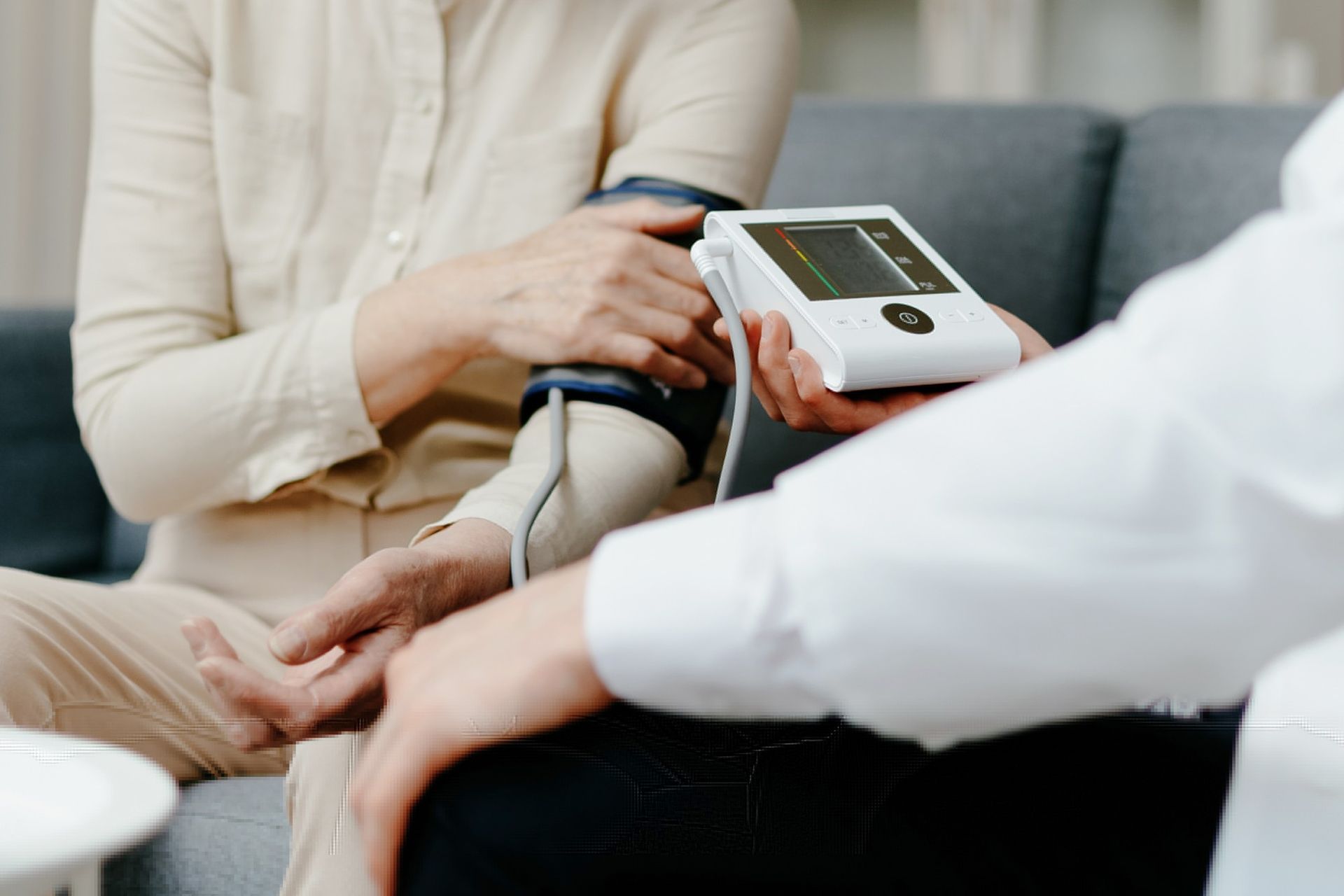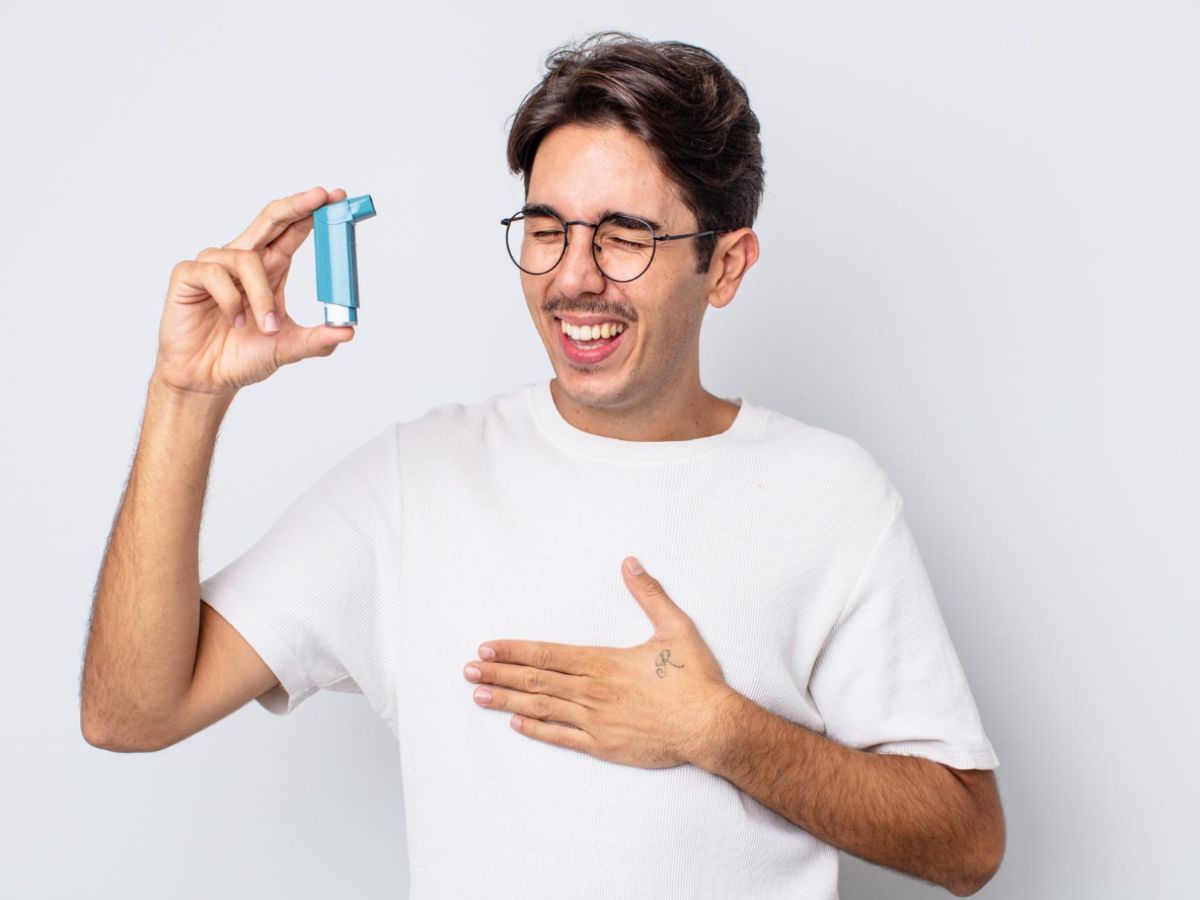You may be familiar with the typical stages of cancer treatment from casual conversations. After diagnosis, the patient would undergo additional tests to gain a complete picture of the cancer’s progression, followed by planning and treatment. The rest of the process would depend on how the body responds to treatment, be it surgery, chemotherapy, radiation, et cetera.
But if you could turn back time for that patient, a loved one, or a dear friend, wouldn’t you wish they had undergone female health screenings earlier?
And that wish merits gold: better screening practices can reduce cervical cancer deaths by 40%, colorectal cancer by 21%, and breast cancer fatalities by 4%. So, to deepen our understanding of well-woman exams, let’s explore the to-dos after the results, how to request a personalized exam, and reap the benefits of early detection.
Prioritize Yourself:
Well-Woman Exams: In a Nutshell
The well-woman exam is a key part of preventive care, which aims to detect health issues early through medical history, physical exams, and screenings.
Choosing a clinic for your well-woman's exam is essential to maintaining your health. Not only are you prioritizing your health over life's demands, but you're also actively selecting specialists with whom you feel comfortable communicating your health goals and worries.
Common Exams and Screenings
As discussed in the
first part of this well-woman check-up series, the recommended exams would cover:
- General check-up:
Measures weight, blood pressure, and vital signs.
- Breast examination: Manually checks abnormalities in the breast tissue.
- Pelvic examination:
Checks the reproductive organs for any irregularities.
- Pap smear:
Collects cells from the cervix to screen for cervical cancer.
Screenings and tests can help detect early signs of diseases and conditions that may not yet be causing symptoms. These tests include:
- Blood tests:
Check for cholesterol levels, blood sugar, and other health markers.
- Mammograms:
Recommended for breast cancer screening based on age and risk factors.
- Bone density tests: Recommended for women who have undergone menopause to evaluate the likelihood of osteoporosis.
- HPV testing: Detects human papillomavirus (HPV), a risk factor for cervical cancer.
Exam vs. Screening
Can't tell the difference between a yearly well-woman exam and screening?
You're not alone—many people use these terms interchangeably. These exams focus on a broad assessment of a woman's health (such as a breast exam), while screenings target specific conditions through tests like a Pap smear.
Next Steps for Test Results
Receiving your test results can be an overwhelming experience, but understanding what comes next is crucial for your health journey. Here’s a breakdown of the main points to think about:
Normal vs. Abnormal Findings
Interpreting test results can be complex and prone to misinterpretation. It's best to consult your doctor to explain your findings rather than attempt to interpret them on your own.
- Normal findings mean that the test results are within expected ranges. Your physician will assess these with other exams to confirm if your health is stable or requires ongoing management.
- Abnormal findings are when the results fall outside the normal range. Findings indicate a possible health issue that needs further tests to clarify the situation.
- Some people rely solely on the
reference ranges indicated in the lab results. But it's important to be cautious as different tests have
varying normal ranges and implications
for each group, such as ranges between children and adult patients.
What Happens if There Are Abnormal Results?
With abnormal test results, your doctor may recommend additional tests to confirm the initial findings or provide more detailed information. Imaging tests, blood work, and biopsies are among the most common follow-up tests doctors may recommend.
If the abnormality requires specialized knowledge, don't worry. Your physician will help you find another specialist (through a referral process) who can provide targeted care.
Follow-up Tests and Treatments
It can be frustrating to keep attending doctor appointments after seeing abnormal findings in your women's health check-up. If you continue to experience "test anxiety," try the recommendation of experts from the Harvard Medical School:
Bring a friend with you.
Your next steps may include:
- Monitoring: Your doctor may suggest monitoring the situation over time with regular check-ups rather than immediate intervention.
- Treatment Plans: If you're diagnosed with a condition, your doctor will work with you to create a tailored treatment plan. Depending on the condition's nature and severity, this could involve medication, lifestyle changes, or surgical options.
Act Early, Stay Healthy: The Importance of Early Detection
Regular well-woman exams ensure:
- Early detection of common diseases like breast and cervical cancer
- Preventive care, including screenings and vaccinations
- Guidance on family planning and reproductive health
Despite their life-saving benefits, wellness exams need to be more utilized. Curious about the impact of increased screening uptake, researchers used a decision analytical model to quantify just how much of a difference these exams can make.
In their analysis, Boston researchers found that increasing screenings by just 10% could result in remarkable reductions: an estimated 40% reduction in cervical cancer deaths and a 21% reduction in colorectal cancer deaths.
An interesting note: these reductions reflect how
colorectal and cervical cancer screenings can effectively catch and treat precancerous conditions before they even turn into cancer. Screenings not only aid in early detection but also play a crucial role in preventing the disease entirely.
Customizing Your Exam
Every woman’s health story is unique. Collaborating with your doctor to personalize your well-woman exam can make all the difference. This approach offers several benefits:
- Ensures the exam meets your specific needs based on factors like your age, medical history, family history, and lifestyle.
- Increases the accuracy of screenings, especially for individuals with pre-existing conditions, where one condition can interfere with the screening for another.
- Early detection informs tailored prevention strategies that fit your individual health profile.
Stay Ahead of Health Problems with Houston Family Practice
Going through a non-customized wellness exam requires following a standard checklist without considering your distinct needs.
Personalizing your wellness exam results is a crucial step toward reducing the risk of complications or more severe conditions. At Houston Family Practice, we make sure you receive the necessary tests at the right time rather than put you through unnecessary or irrelevant procedures.
Dr. Chandni Choudhary combines well-woman exams with unique factors like age or lifestyle to create personalized strategies—say, cardiovascular monitoring for women with high-stress jobs and joint health plans for those with active lifestyles.
To schedule your well-woman exam, inquire about your results, or receive a personalized health plan, please call (713) 520-6016 now.
Your Well-Being Can’t Wait
Set Your Appointment Today



